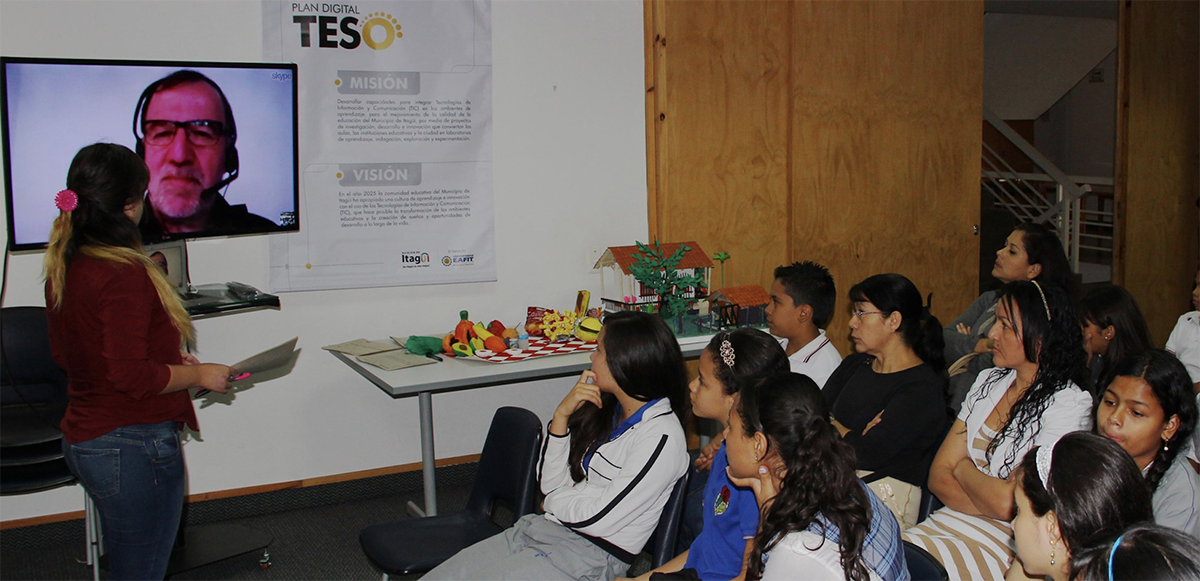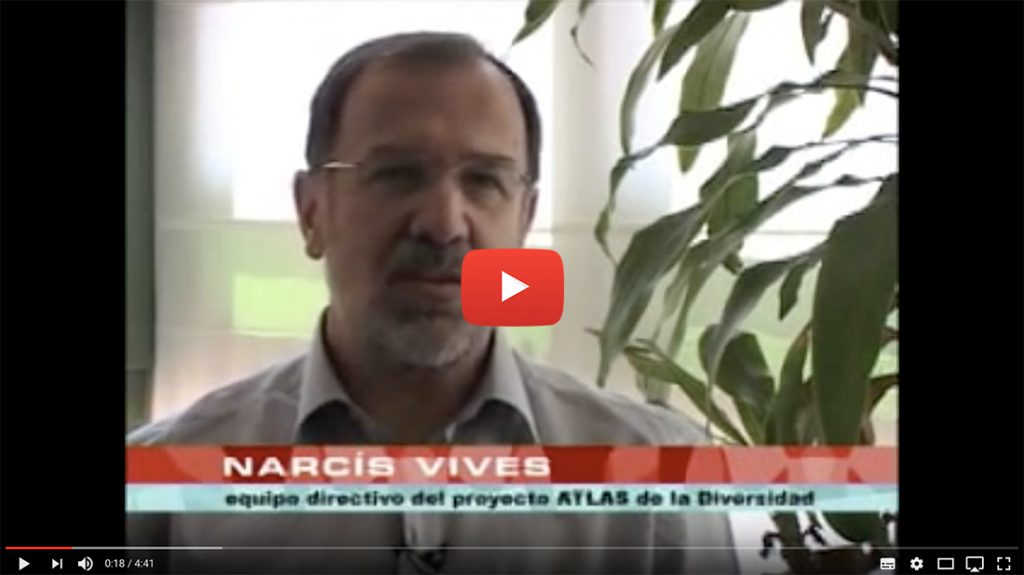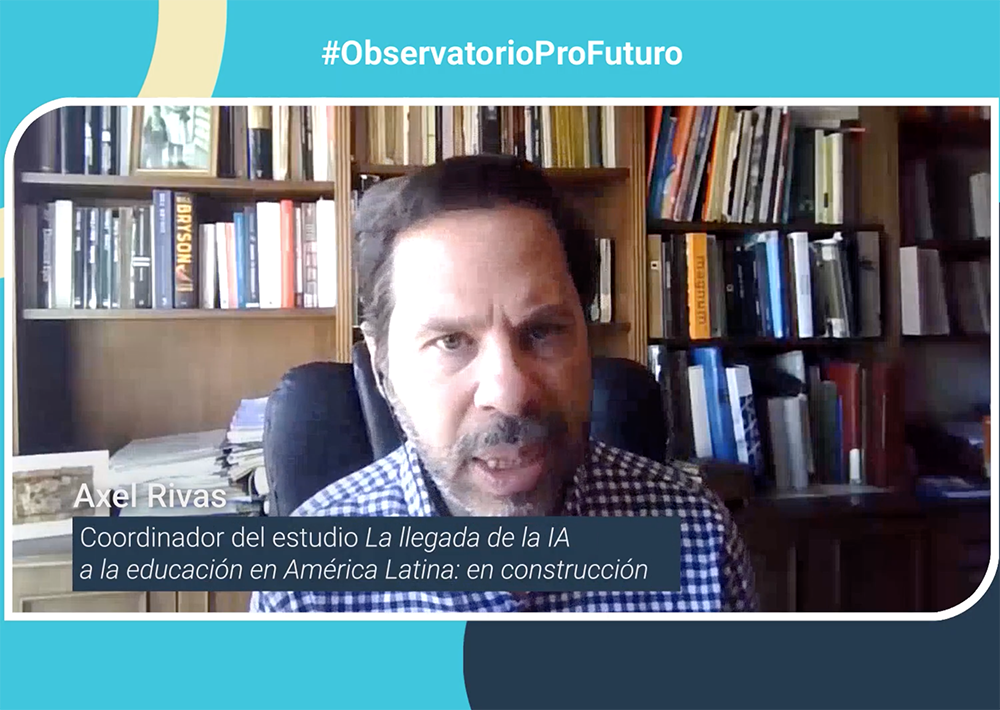Diversity, seen as mutual enrichment, is one of the core principles that should underpin any learning process. Inclusive Education which considers cultural diversity as a key factor, represents the concept of education that is at the core of this text. Its ultimate aim is none other than to contribute to quality and equitable education for all.
However, it is not enough for inclusion to work exclusively in the education field, but common social spaces must be built where everyone can live and learn. In order to contribute to this, the Atlas of Diversity project was born. An initiative that seeks to consolidate a learning community where relationships and exchange between different communities are strengthened; where knowledge is considered one of the most important assets of the educational community. In addition, it reaffirms one’s own culture and promotes interest in one’s own values, achieving a solid basis of contrast and acceptance of what is different.
In practice, Atlas of Diversity proposes to work for an educational change that moves from the transmission of information to cooperative and networked learning, linking the projects with the local community, and at the same time with the global network, facilitating the creation of an international telecollaborative project. It is a virtual meeting for all the participants’ contributions on the most unique and genuine aspects of their place: a recipe, an environmental problem, a writer, a landscape, local products, popular songs and dances, etc.
It is made up of a network of people consisting of educators, animators, students and tutors who communicate with each other. More than 1500 schools from 21 countries in Latin America, Spain and Portugal have participated in the project. Initially, Atlas of Diversity targeted teachers and students at four age levels: 8-10, 10-12, 12-14, and 14-17. Subsequently, Youth Organisations, Senior Citizens’ Organisations were incorporated and the initiative was adapted to allow students with disabilities to participate.
The project provides spaces for Latin America and Europe teachers to exchange useful teaching-learning methodologies, with special emphasis on those linked to the use of Information and Communication Technologies (ICT). The starting point is the development of an ATLAS of diversity through the Internet, which gathers the particularities of each place, from the students’ point of view and perspective, about their immediate environment. It is made up of cards, called portraits, which describe aspects of the culture of a place, the term culture being understood in its broadest sense and therefore including everything from historical events to social or environmental problems, as well as folkloric aspects.
The teacher training is entirely online, in groups of 30 teachers with a maximum diversity of backgrounds. After an initial module of presentation of the participants, familiarisation with the platform and introduction to the project, the teachers start the activity with their students and participate in the training group by sharing best practices or difficulties in working with the students. In relation to assessment, the instrument used is the Rubric.
Some of the main achievements of the project can be categorised into the following areas:
- A network of Latin American institutions willing to continue working to promote the ATLAS cooperative project has been consolidated.
- The target group of the project has been considerably expanded from approximately 1000 to 1500 schools, institutions and groups. This increase includes not only schools, but also youth, adult and senior groups.
- From the methodological point of view, the participating groups have become the custodians of an innovative pedagogical proposal that has allowed them to update their knowledge of the use, application and ways of working provided by ICTs.
- The initiative has also had an impact on the local community close to the school, making it a protagonist and a reference point where sources of knowledge complement each other, linking school textbooks with people and their circumstances.
- Finally, significant achievements have been made in terms of recognition and awards. Among them, the First Ibero-American Prize for the Best e-Learning Initiative, AXG Tecnonexo 2004, is worth mentioning.







